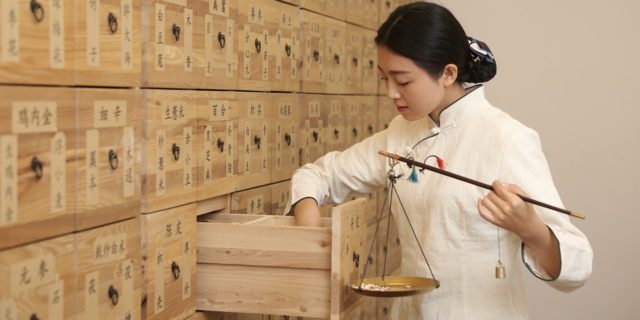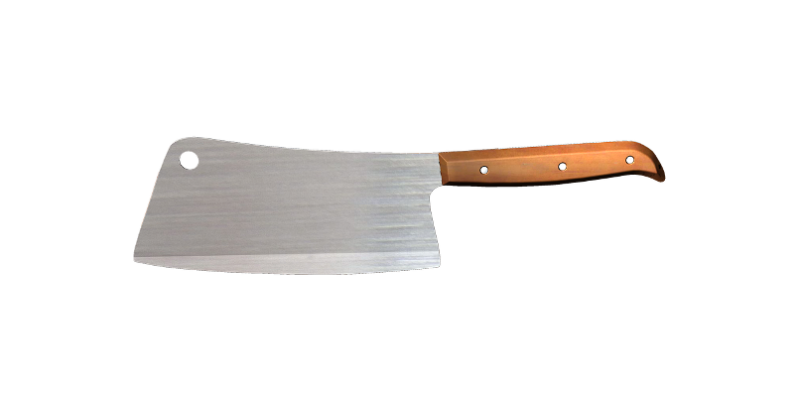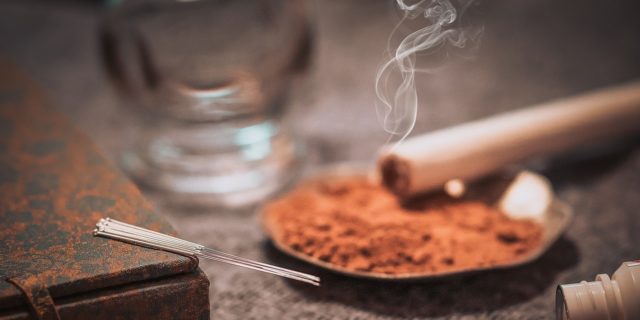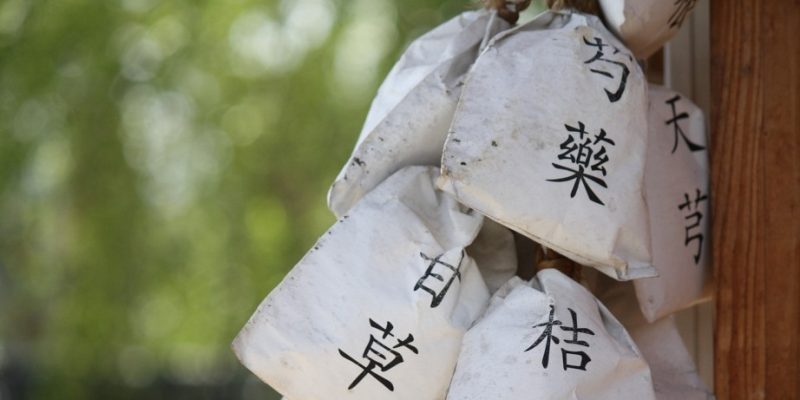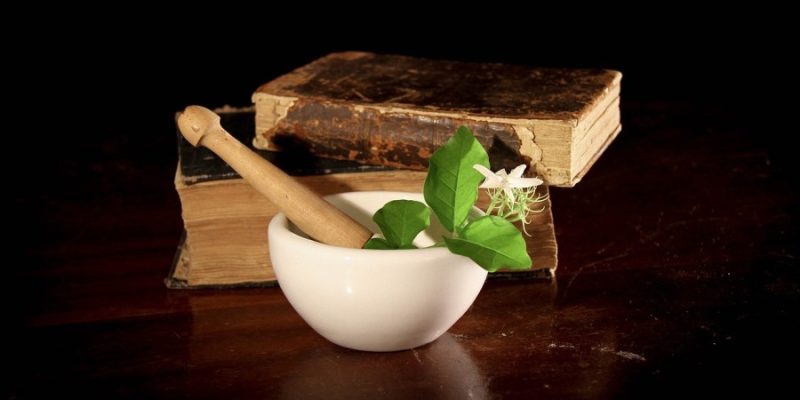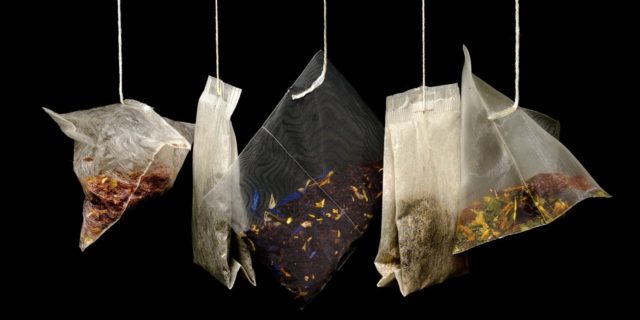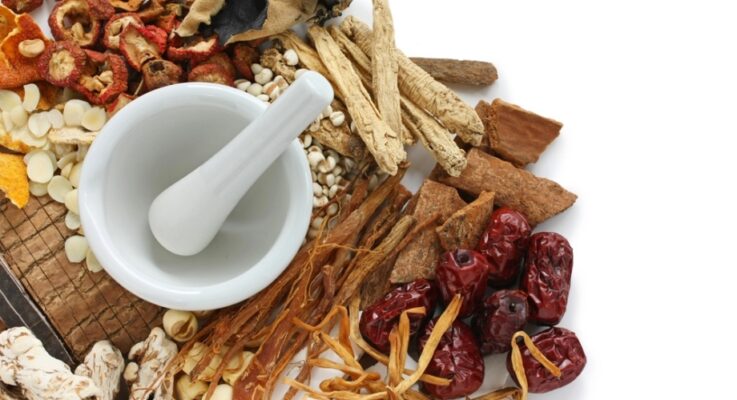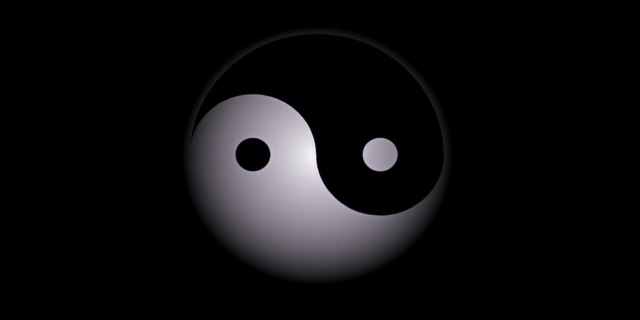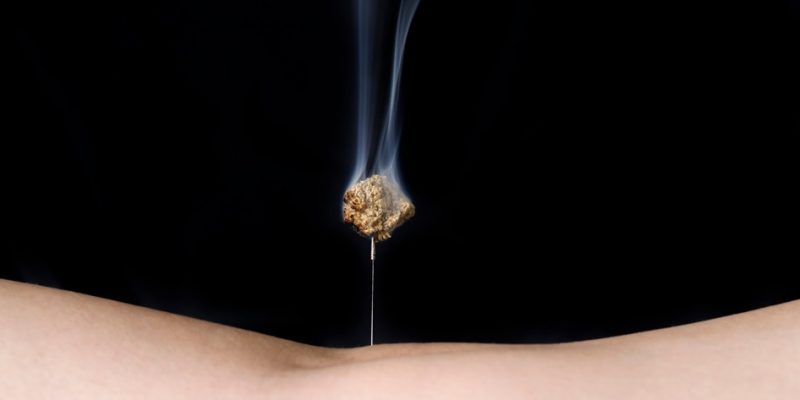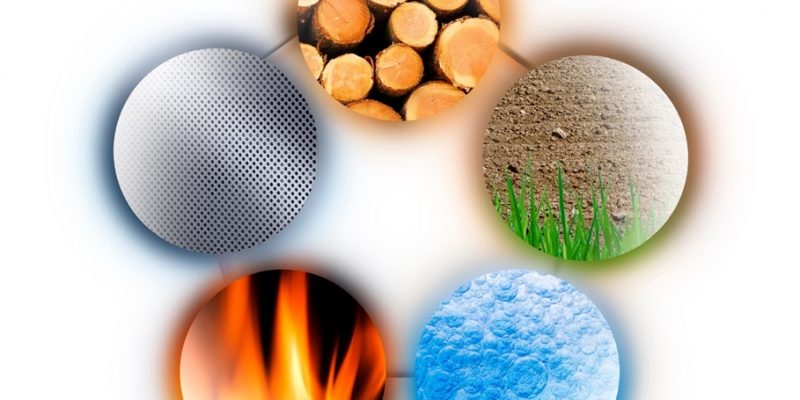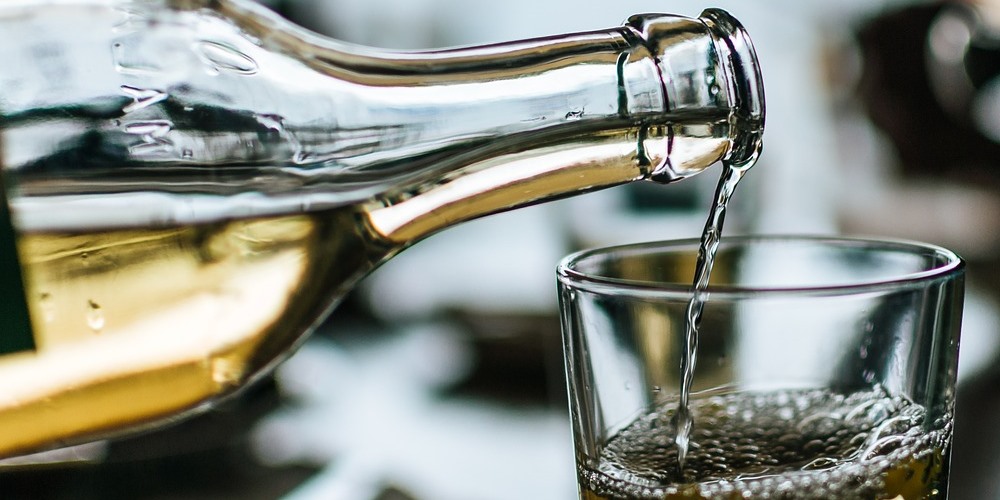
Chinese medicated liquor or wine is a transparent liquid obtained by using wine to soak out the effective components of herbs and is considered part of Chinese Herbal Medicine and TCM.

Its history goes back thousands of years of which historical records exist in treatment descriptions, for instance, in the Han Dynasty (206 BCE – 220 CE). Commonly used medical ingredients are Ginseng, Aweto, Snake, Chinese Wolfberry, Pilose Antler, American Ginseng, and Centipede.
In China today, it’s generally used to stimulate Yang energy by reinforcing body fluids, nourish blood, improve blood circulation and relax muscles and joints. Most medicated liquors are taken orally, but some are used externally. Sometimes sugar or honey is added to improve the taste.
Other benefits attributed to medicated liquors are alleviation of rheumatic pains and treating traumatic injuries.
There are a variety of medicinal liquors available, such as medicinal liquors made of animal parts, herbs, or a combination of animal parts and herbs, and liquors made of minerals. They can be obtained at Chinese pharmacies, but many people make them at home also.
The curative effects depend on the kind of liquors used. As a therapeutic treatment, it’s generally taken two or three times a day with a dosage of 10 ml to 50 ml, during the prescribed period.








